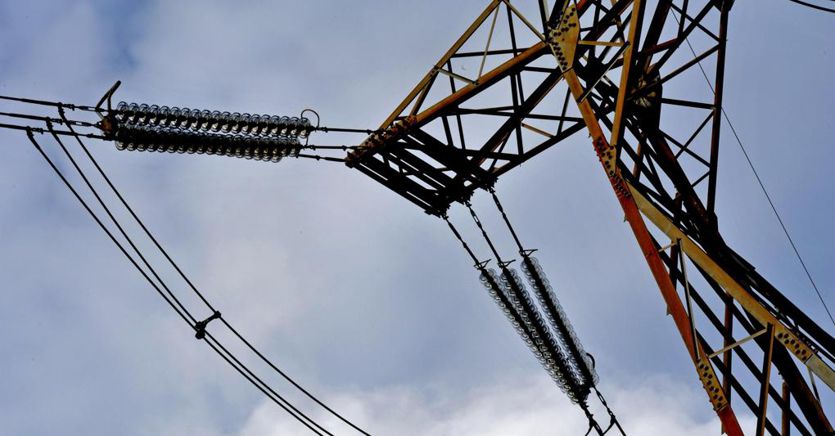A maneuver that provides emergency support and broader measures in response to the alarm raised by companies with “supplies at controlled prices” for the industry in difficulty (energy-hungry). This is the structure of the new intervention against the expensive energy that the government is about to present at the next Council of Ministers, as confirmed on 11 February at a press conference by Prime Minister Mario Draghi and by the Minister of Economy Daniele Franco after the launch of the reform of the CSM.
Emergency measures
It was, therefore, the Prime Minister who anticipated the guidelines of the next package of measures which, according to what Il Sole 24 Ore learns, would first of all be aimed at replicating what was already done in the first quarter with the latest budget law. In essence, the government would aim to renew the containment interventions grounded for the period January-March, starting with the elimination of general system charges in the electricity bill and the substantial reduction in that of gas. An intervention repeated several times since last July, since the surge in energy prices began, which will in any case be ensured regardless of the level of price increases to prevent the full recovery of energy from returning to families and businesses. parafiscal entries. It should be remembered, in fact, that if the executive had not tracked down the 1.8 billion necessary to eliminate electricity costs and the 480 million to reduce gas costs between January and March of this year, it would have been necessary to reactivate them with an impact, respectively, of + 10% and + 1.5% (in gas users the charges have less impact than in electric ones).
The front of social bonuses
These effects must therefore be considered when assessing the amount of resources needed to enact the new decree: at the moment the technicians would have been able to recover about 4.5-5 billion, but the parties are pressing for the bar to rise further. Part of the dowry would then go to social bonuses – the discount on the bill for families with economic or physical hardship -, which have been reinforced several times with increasing resources (912 million in budget law). Regardless of the direction taken (reinforcement of the discount in the bill or enlargement of the audience, the hypotheses under study), in order to decide the extent of the intervention, however, it is necessary to know the real increases in electricity and gas. But these will be known only close to the next update of the Arera on the conditions of protection (end of March) when the president Stefano Besseghini and his technicians will draw the final line with an eye on the price trend. Until then, therefore, any calculation will necessarily be based only on predictions.
Interventions for businesses
Together with the “supports” (copyright of Prime Minister Draghi), the government would then be working on measures to alleviate the costs incurred by businesses. The main tracks would be two for now. The first would revolve around the transfer to energy-hungry people at risk of relocation of the 25 terawatt hours of renewable energy, currently withdrawn by the GSE to then resell it on the spot market, at controlled prices (50 euros per megawatt hour) for 2022-2023. With a cost per quarter of 700 million and with the commitment, downstream, of the beneficiaries of investments in production capacity equivalent to that quantity (12 gigawatts of photovoltaics and 5 GW of wind) through long-term contracts.
The other piece would refer to the increase in national gas production for 3 billion cubic meters a year (value: 1.5 billion for 2022), and then sell it to the gas-intensive industry with long-term contracts and low tariffs. (16 euro cents per standard cubic meter, the unit with which gas consumption on the bill is billed). An intervention that should be harmonized with national legislation and with the government’s gas plans (Pitesai, see other article on page). Both measures would already be at the center of the confrontation with Brussels to avoid them being branded as state aid: a risk that would be thwarted with the use of “auctions” to assign the benefits.
